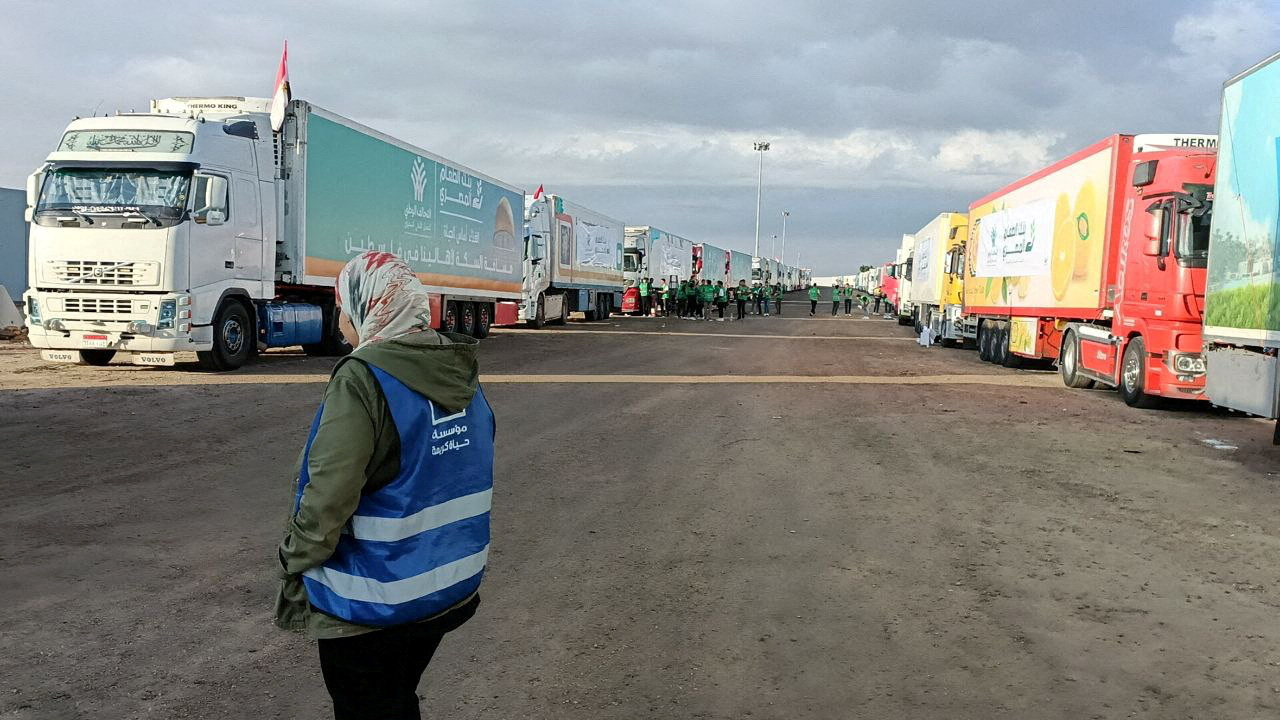In response to online rumors and reports, Diaa Rashwan, head of Egypt’s State Information Service (SIS), refuted claims of extra fees at the Rafah crossing on Wednesday, 10 January.
He denounced these allegations as “unfounded” and urged individuals to report any suspicious activities to authorities, reassuring Palestinians seeking passage through the crucial border point of their safety from illegal acts.
This comes after a report published by the Guardian this week, which stated that individuals allegedly connected to the Egyptian government are said to be charging significant sums to facilitate exits through the Rafah crossing.
Emphasizing the hardships faced by Palestinians, Rashwan stated it was unthinkable for Egypt to further burden them during these challenging times.
Rashwan emphasized that Rafah crossing operates purely on pre-established fees outlined by Egyptian law, and added that only authorized tariffs set by the Land Ports Authority are applied.
He further highlighted Egypt’s ongoing commitment to helping Gazans, sending over 150 trucks of aid daily. Thus, doubling down on support while adding burdens through fees does not align with Egypt’s actions.
Rashwan urged all Palestinian travelers to promptly report any instances of attempted extortion or pressure to Egyptian security authorities. He assured swift and decisive legal action against such acts and their perpetrators.
Since October 7, a staggering 1.9 million people – 85 percent of the population – have been forced to flee their homes by Israeli military operations. Concentrated in less than a third of Gaza’s territory, they grapple with the immense strain of internal displacement.
The priority of the Egyptian government, since the beginning of the conflict, has been de-escalation and the securing of a path for aid to enter the Gaza Strip through the Rafah crossing. Israel bombed the crossing at least six times, and limited aid trucks have crossed to Gaza so far, which UN officials warn is insufficient amid dire humanitarian conditions.







Comment (1)
[…] ظهرت في الأصل على […]